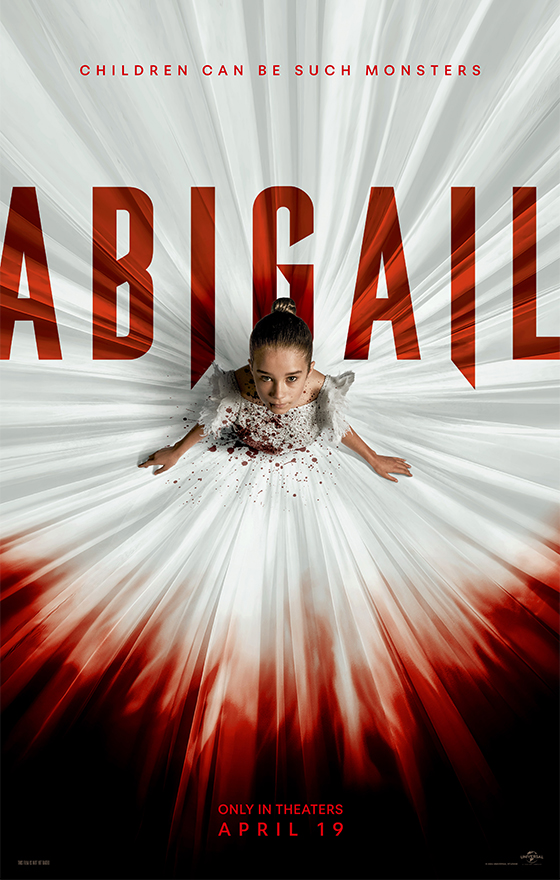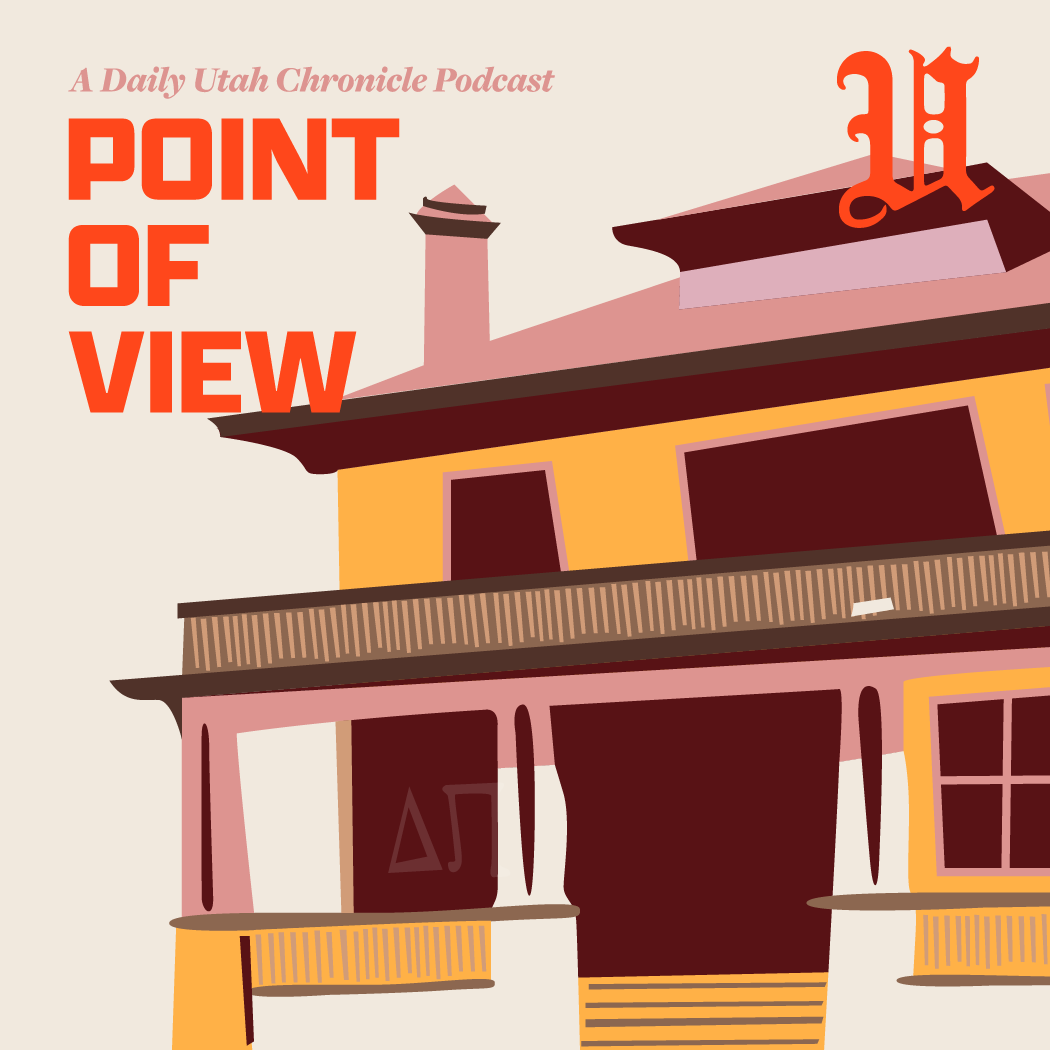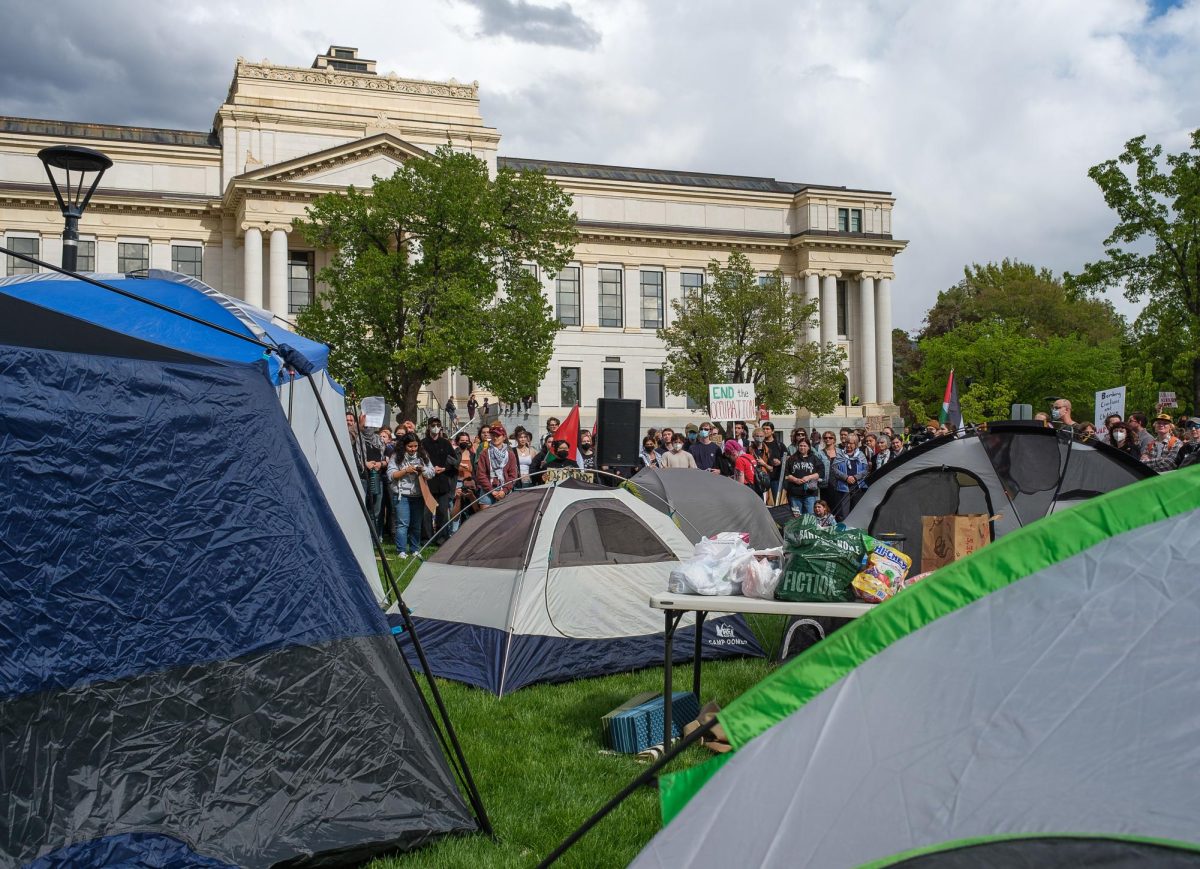Picture a world in which we all suddenly disappear, writer Alan Weisman asked a sold-out concert hall at the U on Tuesday night.
The U was Weisman’s 10th stop on a world tour for his nonfiction book, The World Without Us, a journalistic exploration of how today’s world would evolve if the human species ceased to exist in it.
All of the experts with whom Weisman spoke said The World Without Us is not a question of if, but when.
Weisman, a professor at Arizona State University, started the night by describing what would happen if the 6.6 billion people worldwide were killed off. Without people, modern houses would disintegrate and natural forces would break apart Manhattan to restore the rivers, streams and hills that predated the metropolis, he said.
The Wallace Stegner Center and the S.J. Quinney College of Law sponsored the event. Robert Keiter, the director of the Stegner Center, said the book and presentation introduce why people need to live in a more sustainable way, not necessarily for nature’s sake, but for ours, and how we can begin to do so.
To research this book, Weisman traveled for more than 20 years visiting scientists, engineers, political icons and religious leaders in the places caught in the crosshairs between human and natural forces. These included a former beach resort on Cyprus, the Bialowieza Forest wildlife reserve in Poland, the Korean Demilitarized Zone and a nerve gas facility turned into a natural wildlife refuge.
Weisman commented on what he realized after seeing these places.
“Civilization has its side effects,” he said from the podium. “Now we are reaching a critical mass that could have some (devastating) impacts on the future.”
Jan Nystrom, associate director of the Stegner Center, explained why she wanted Weisman speak at the U.
“Surprisingly, this book is not depressing, for it celebrates the resiliency of nature and its ability to recover and create new life,” she said.
In The World Without Us, Weisman investigates what the human species’ mark will be after people are gone. He called this mark an “echo.” Nuclear reactors, petroleum products and “the newest hydrocarbon on the block,” plastic, all become a part of human civilization’s mark on the earth.
Weisman cited the area near the Chernobyl nuclear reactor disaster in Ukraine as an example of this echo.
“Everything nearby has a shortened lifespan,” he said. Moles there adapted to their shortened life spans by sexually maturing earlier. As a result, the moles survived with increased fertility rates.
“I’m no longer worried about the Earth,” Weisman said. “I’m still concerned about the planet as you and I know it. I did not write this book because I think the world should be without us.”
In fact, the human population continues to grow. Weisman said at the end of the 19th century the world had a population of about 1.6 billion people. At the end of the 20th century, the population had increased to 6.6 billion.
“It’s estimated that by the middle of the 21st we will reach 9.1 billion,” Weisman said. “If every family has only one child, within a century we’d be back down to 1.6 billion.”















